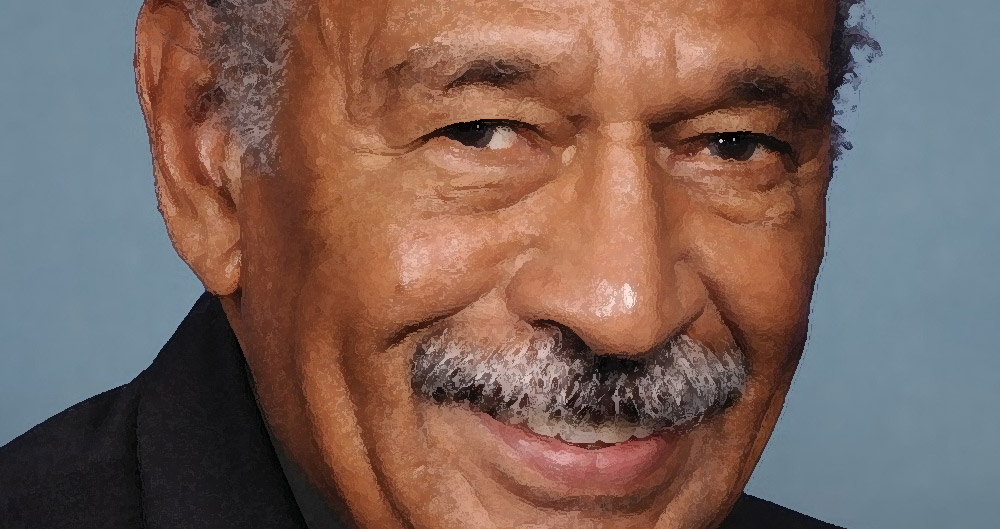Looking for an exemplar of condescending witlessness? Take Steve Benen, producer of MSNBC’s Rachel Maddow Show. Please!
Last week, I praised Democratic presidential candidate Tom Steyer for endorsing term limits, while Benen panned him at The Maddow Blog, calling term limits a “gimmick.”
So, when Aristotle argued for mandatory rotation in office, that was just a stunt?
“I imagine most term-limit proponents mean well,” concedes the snooty Benen, about congressional term limits’ whopping 82 percent public support. But, he goes on, “whether they appreciate the details or not, forcing experienced policymakers out of office, even if their constituents want to re-elect them, has an unintended consequence: inexperienced officials inevitably find themselves more dependent on outside groups and
Are we supposed to believe that lobbyists and special interests are being kept at bay by Congress’s current careerists?
Supposedly appealing to an “underlying principle,” Benen then maintains that “there’s simply no reason for the federal government to impose arbitrary constraints on voters’ ability to choose their own members of Congress.”
Oh, that’s really rich — as if “the federal government” is dictatorially cramming term limitation down the throats of poor politician-adoring voters.
Benen notes that Steyer is “not the only Democratic candidate endorsing term limits,” acknowledging that Beto O’Rourke has also proposed the reform. Actually, there are eight more Democratic presidential candidates who have voiced support.*
Mr. Benen’s sophistication boils down to the tired slogan: “We already have term limits; they’re called elections.”
That may fly for the insiders at MSNBC and in Congress, but the vote the American people most want to see is on a constitutional amendment for congressional term limits.
This is Common Sense. I’m Paul Jacob.
* Those candidates are: New Jersey Senator Cory Booker, former HUD Secretary Julian Castro, Maryland Congressman John Delaney, New York City Mayor Bill DiBlasio, New York Senator Kirsten Gillibrand, former Colorado Governor John Hickenlooper, Massachusetts Congressman Seth Moulton, and entrepreneur Andrew Yang.

—
See all recent commentary
(simplified and organized)






